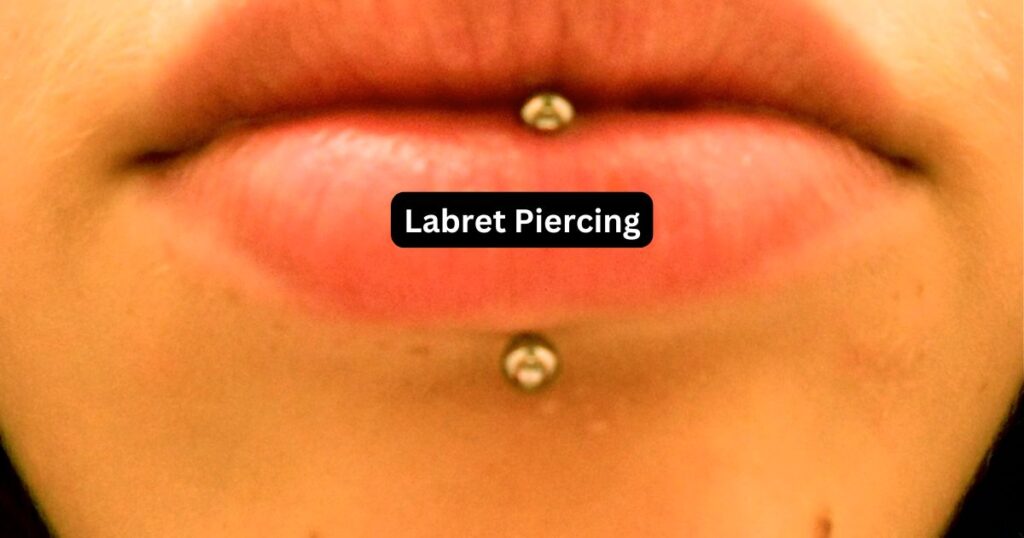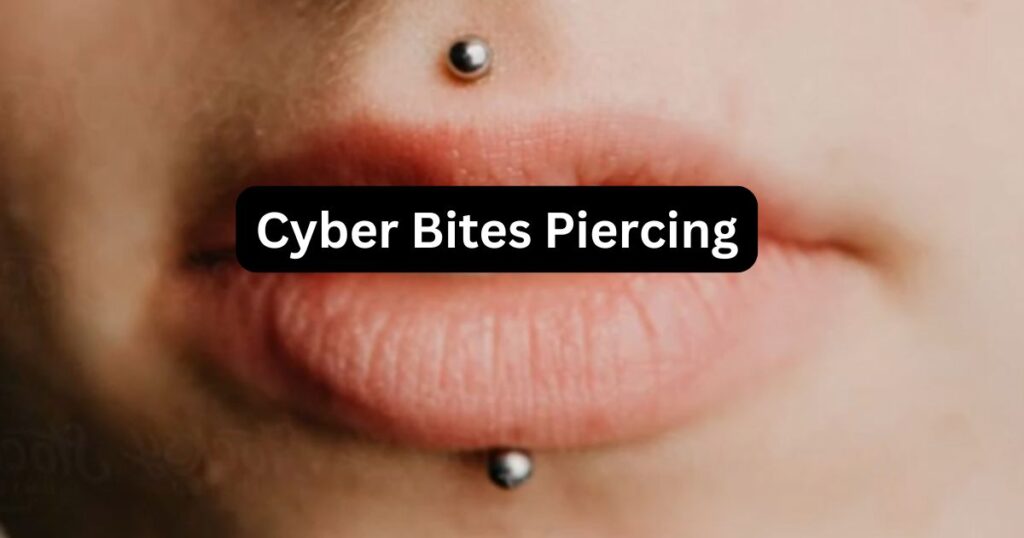A nose piercing smells due to the buildup of dead skin cells, sebum, and bacteria around the piercing site. While this issue may be concerning, it is quite common.
Understanding the reasons behind the odor and how to prevent it can help keep your piercing healthy.
Why Does My Nostril Piercing Smell – 4 Causes of Smell in Nose Piercings
Buildup of Dead Skin Cells
Your skin naturally sheds dead cells every day. Around a healing piercing, these cells can accumulate and mix with other substances.
When this happens, it creates an ideal environment for bacteria. The smell you notice is often due to the breakdown of these dead cells.
Sebum Production
Sebum is the natural oil produced by your skin. It helps to keep your skin moisturized, but in excess, it can lead to unpleasant odors.
Your piercing site produces more sebum as your body tries to protect itself. When this oil mixes with dead skin cells and bacteria, it can result in a noticeable smell.
Poor Cleaning Habits
Improper cleaning is a leading cause of a smelly nose piercing. If you don’t clean your piercing regularly, debris like dirt and sweat can build up. This can irritate the area, leading to bacterial growth. Even if your piercing looks clean, bacteria may still thrive inside and cause an odor.
Jewelry Material
The type of jewelry you choose for your nose piercing can also contribute to the smell. Some metals, especially lower-quality ones, can cause allergic reactions or irritate the piercing site.
This irritation can lead to increased sebum production, and as a result, a stronger smell. Stick to high-quality metals like titanium, gold, or surgical-grade stainless steel to avoid this issue.
How To Get Rid Of Smell From Nose Piercing?
Clean Your Piercing Regularly
The best way to prevent odor is by cleaning your piercing daily. Use a saline solution or a gentle, fragrance-free soap. Be sure to clean both sides of the piercing, paying special attention to the area around the jewelry. Avoid using alcohol or hydrogen peroxide, as these can dry out the skin and slow the healing process.
Change Your Jewelry Material
If you suspect your jewelry is the problem, consider switching to a higher-quality material. Hypoallergenic metals like titanium or surgical-grade steel are good options. These metals are less likely to cause irritation and will reduce the chance of your piercing developing a smell.
Avoid Touching the Piercing
Touching your piercing can introduce dirt and bacteria. Always wash your hands before handling your piercing, especially during the cleaning process. Otherwise, you risk introducing new bacteria, which can lead to odor or even infection.
Don’t Overclean
While it’s important to keep your piercing clean, overcleaning can also cause problems. Cleaning your piercing too often can strip your skin of its natural oils, leading to irritation. This can increase sebum production, which may contribute to the smell. Aim for cleaning your piercing twice a day—once in the morning and once at night.
When to See a Piercing Professional
Sometimes, a smelly piercing can be a sign of infection. If the odor persists despite regular cleaning, or if you notice other symptoms like swelling, redness, or pus, it’s best to see a professional.
A piercing specialist can examine the area and suggest treatments or jewelry changes. In severe cases, you may need to visit a healthcare provider for an antibiotic ointment or oral antibiotics.
How Long Does the Smell Last?
The good news is that the smell from a nose piercing usually doesn’t last forever. Most of the time, it’s a temporary issue that resolves as the piercing heals.
As long as you maintain good hygiene and use proper jewelry, the odor should decrease and eventually disappear within a few weeks to a few months.
Other Considerations
Use of Ointments
Avoid applying any thick ointments or creams directly on the piercing unless advised by a professional. These products can trap moisture and bacteria, worsening the smell and prolonging the healing process.
Diet and Health
In some cases, your diet and general health can affect your skin’s healing ability. A diet lacking essential nutrients like zinc and vitamin C can slow healing and lead to an increase in skin issues, including excessive sebum production. Staying hydrated and eating a balanced diet can support the healing process and help reduce any odors.
Seasonal Changes
Environmental factors, like humidity, can impact how your skin reacts to a piercing. Hot weather can increase sweat and sebum production, leading to a smell. Be mindful of seasonal changes and adjust your cleaning routine if needed.
Nose Piercing Smell FAQs
Can other people smell my nose piercing?
Generally, no. The smell from a nose piercing is usually mild and only noticeable to you. If it’s strong enough for others to smell, it may indicate poor hygiene or infection.
Can I use perfume on my nose piercing?
No, avoid applying perfume directly on your nose piercing. The chemicals in perfume can irritate the piercing and delay healing.
How often should I clean my nose piercing?
You should clean your nose piercing twice a day, once in the morning and once at night, using a saline solution or gentle soap.
What not to clean your nose piercing with?
Avoid cleaning with alcohol, hydrogen peroxide, or harsh soaps. These can dry out and irritate the piercing, slowing the healing process.
Final Thoughts
A smelly nose piercing is a common and usually harmless issue. It’s often the result of dead skin cells, sebum, and bacteria building up around the piercing.
Regular cleaning, using high-quality jewelry, and avoiding irritation are the best ways to prevent and reduce the smell. If the issue persists, don’t hesitate to consult with a piercing professional for advice.



